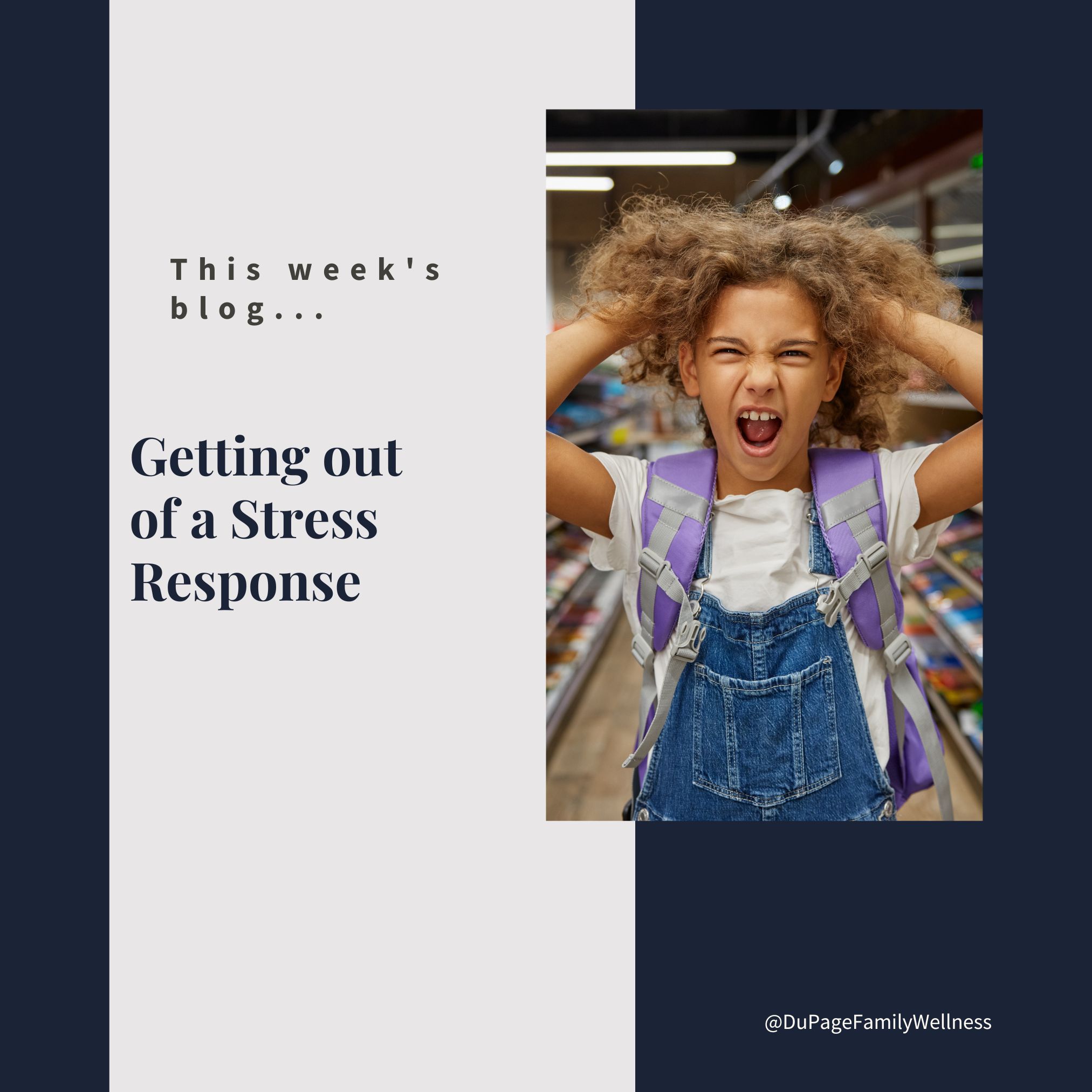 During times of stress, our bodies are designed to go into a state of fight, flight, or freeze. This stress response is beneficial during times of crisis, giving us the best chance of survival. After the threat has passed, we are supposed to transition back to a more relaxed state.
During times of stress, our bodies are designed to go into a state of fight, flight, or freeze. This stress response is beneficial during times of crisis, giving us the best chance of survival. After the threat has passed, we are supposed to transition back to a more relaxed state.
It is not healthy to stay in an acute stress response for extended periods. Inflammation, poor digestion, high blood pressure, and increased glucose levels may result. Systems in your body are burdened, and your immune system's response will be negatively impacted.
Many of us deal with chronic stress and need strategies to increase our capacity to handle it. Let’s look at some stress management techniques that you can use to regulate your nervous system and stay balanced.
Enjoyable Activities
Life-giving activities ease stress. Find things you enjoy that are realistic for your resources (time, money, etc.). Aim for things you can do every day.
You might want to…
- go for a walk
- snuggle up with a book
- take deep breaths of fresh air
- listen to bird noises or other natural sounds
- lay on the floor stretching
- play with a pet
- savor a small piece of dark chocolate
- sit in silence
- listen to music
- spend time with those you enjoy
- get a drink of water or make a cup of tea
For more information check out Self-Care for Everyone.
Social Connection
Positive social connections reduce stress and activate the parasympathetic nervous system. This is often referred to as co-regulation of the nervous system and is where healing occurs.
So, connect with others; you can…
- get together with a friend
- call your loved ones
- use video calls to be face-to-face with those who live at a distance
- text someone you’ve been thinking about
- smile at those you walk by throughout the day
- get to know your co-workers
- join a club (sports team, book club, religious organization, etc.)
For more information check out Social Connection & Its Impact on Physical Health.
Practice Gratitude
Feelings of gratitude activate the hypothalamus and flood the system with dopamine. It decreases the stress hormone cortisol and lowers your blood pressure.
We can cultivate gratitude by noticing what brings us contentment or joy. You might feel grateful for…
- friends or family
- jobs that provide for your needs
- fresh air and time in nature
- items that bring you comfort
- opportunities for growth
- basic needs being met
- safe areas to live
For more ideas on gratitude check out Creating a Gratitude Practice.
Grounding
Bring your awareness back to the present by drawing your attention to your body and surroundings. This helps with stress because most concerns are about the past or future.
Grounding practices do not have to be complicated. The key is the intention and awareness behind the action. Consider exploring both structured grounding exercises and simple ones you can do on your own…
- Box Breathing (Healthline)
- 5-4-3-2-1 (The Blissful Mind)
- Basic Breathing For Stress Management (Harvard Health)
- Self-Compassion Meditations (with Kristen Neff)
- Close your eyes and pay attention to your breath.
- Look at your surroundings
- Notice sensory input
Acknowledging Difficult Emotions
It is important to allow yourself to lean into painful emotions and accept them without judgment. Pushing difficult emotions aside can negatively impact your mental, emotional, and physical well-being.
When you experience them, know that…
- difficult emotions tend to come like a wave, so let them wash over you and then pass.
- the key is learning to lean into these emotions to the extent you can without dysregulating your nervous system.
- many people find working with a therapist allows them to process their feelings and get the resources necessary for emotional well-being.
For help dealing with difficult emotions, check Moving Through Difficult Emotions.
Perspective
Reframing how you perceive stress may change its impact. It is not easy to do, but try to…
- lengthen your time horizon (will you remember this situation a year from now?)
- find things you can control (it makes the experience seem less stressful.)
- focus on manageable pieces (take small steps toward the desired outcome.)
- recognize that stress isn't always harmful (your body’s normal stress response doesn’t mean you are in danger.)
- change how you think (when possible find the good in hard things.)
- embrace the benefits of stress (uncomfortable situations often bring growth.)
For more details check out this Wellness Challenge.
Our current culture seems to thrive on stress, but our physical bodies do not! What methods help you handle stress? Are there any practices mentioned above that you could try today?
Dr. Jamie

